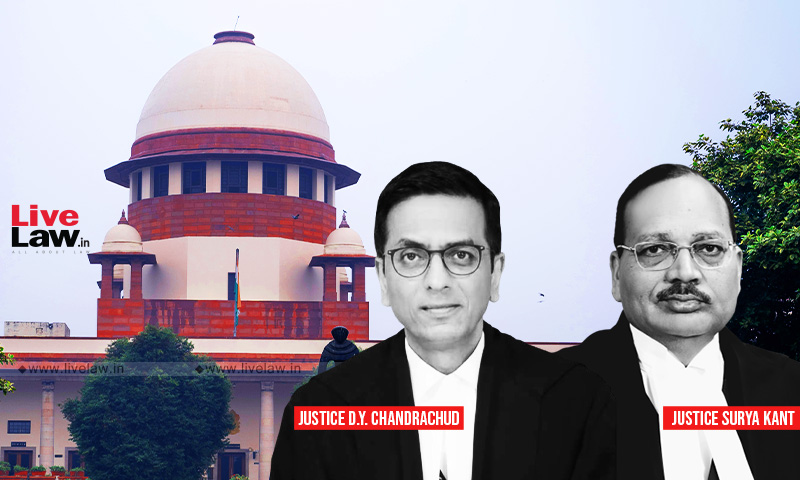Order XIV Rule 2 CPC - Issue Of Limitation Cannot Be Decided As Preliminary Issue If It Is Not A Pure Question Of Law: Supreme Court
Ashok KM
9 Feb 2022 7:47 PM IST

Next Story
9 Feb 2022 7:47 PM IST
The Supreme Court observed that the issue of limitation cannot be decided as preliminary issue under Order XIV Rule 2 of the Code of Civil Procedure if it is not a pure question of law.Order XIV Rule 2(2) provides that if issues both of law and of fact arise in the same suit, and the Court is of opinion that the case or any part thereof may be disposed of on an issue of law only, it may try...
